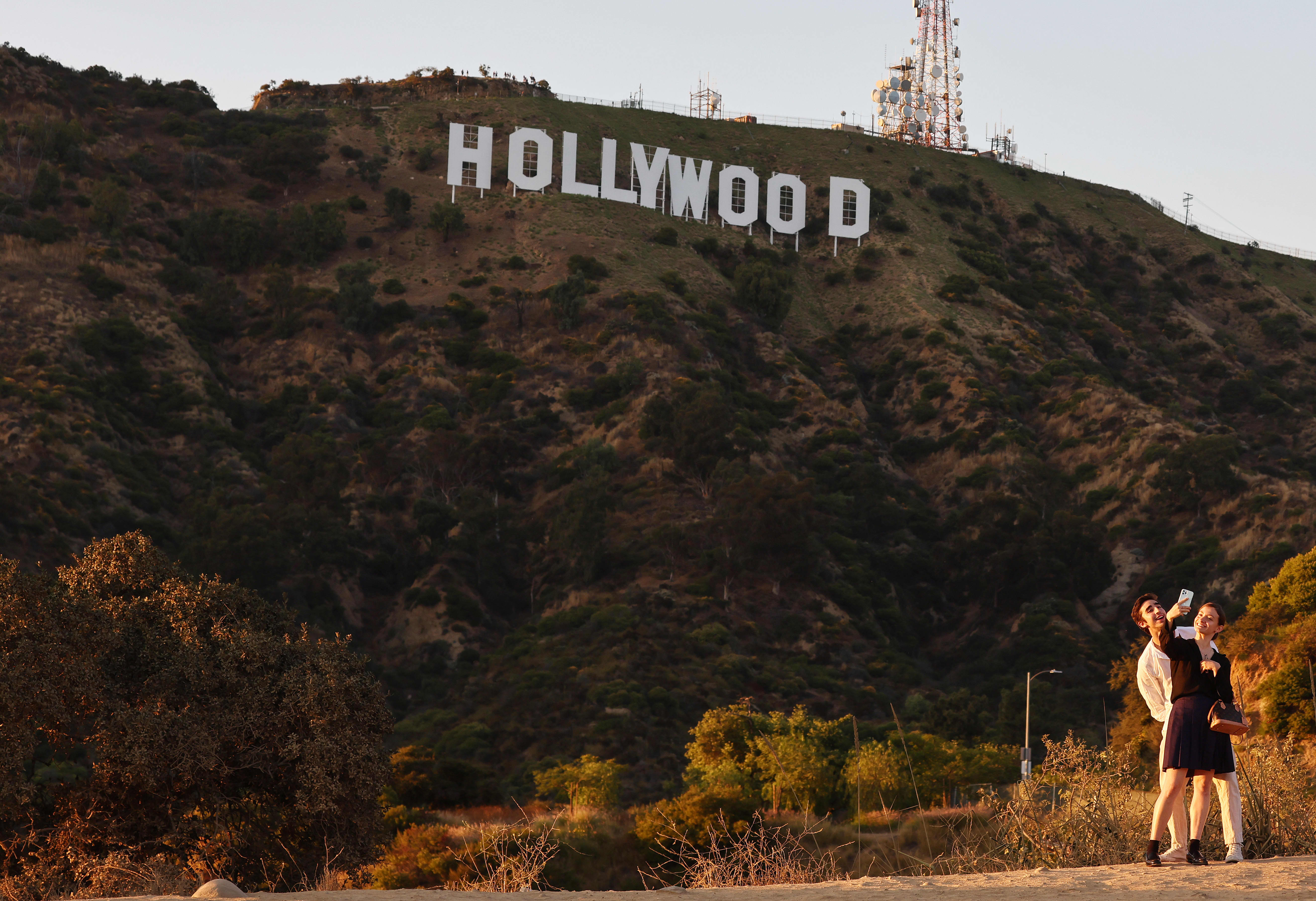Sure, a smart phone could tell you just about anything you ever wanted to know.
But it could also tell others just about everything about you, without you ever knowing.
The Los Angeles chapter of the American Civil Liberties Union (ACLU) has joined an investigation to find out to what extent, how and why law enforcement officials are using technology to track citizens.
The Southland affiliate is one of 33 ACLU offices nationwide that have filed public record requests detailing the surveillance practices of local police departments.
“It’s high time we look into this,” said Hector Villagra, executive director of Southern California ACLU.
ACLU officials are concerned that rapidly advancing technology and increasing reports that cell phones can be used to compile information about users’ location could be prompting law enforcement officials to request personal information without sufficient reason, Villagra said.
Federal law and the fourth amendment require the government to obtain a search warrant or have adequate suspicion of a person’s wrongdoing before searching and compiling their personal information.
Local
Get Los Angeles's latest local news on crime, entertainment, weather, schools, cost of living and more. Here's your go-to source for today's LA news.
Villagra said his organization is concerned that police departments are creating files on people without linking them to any criminal investigations.
“A basic constitutional amendment is not being respected,” he said.
Sprint and the state of Michigan are both suspected of violating privacy rights, according to the ACLU.
The cell phone provider received over 8 million personal information requests over a 13-month period, according to the ACLU, and law enforcement in Michigan tried to obtain information from mobile phone users within range of a planned labor protest.
About 60 percent of ACLU’s national chapters have requested the surveillance information of their local law enforcement entities, which were filed earlier this month.
“To get us all to agree on anything is remarkable,” Villagra said.
LA’s chapter is not the only Southern California entity looking into the matter. San Diego’s affiliate have joined the national effort, as well.
San Diego's ACLU asked the local police department for all records pertaining to mobile phone tracking, Internet and social media investigations, GPS tracking devices and automatic license plate readers, public video surveillance cameras and facial recognition technologies, mobile forensic data extraction, and all other technologies used by the SDPD, ACLU's Rebecca Rauber told NBC San Diego.
Public record requests must be acknowledged 10 days after they are received, but information gatherers can request up to two weeks' extension.
Villagra expects the information to be available in about one month, at which point the ACLU will decide how to disseminate it to the public.
People would not know if their personal information was sought by law enforcement, Villagra said.
“Everyone should be concerned about that level of government surveillance,” he said.



